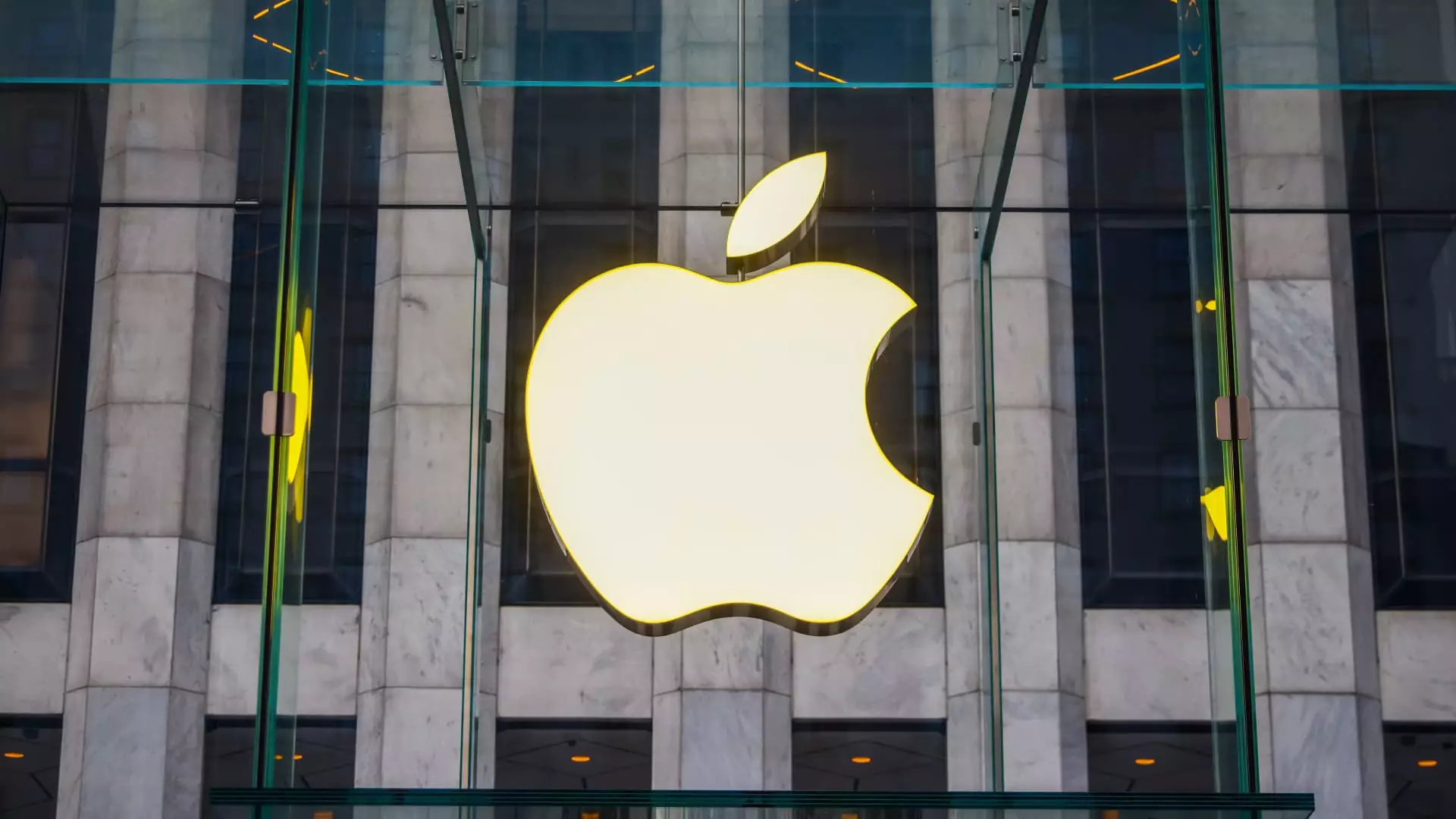In the latest swirl of market activities, Berkshire Hathaway, under the stewardship of investment mogul Warren Buffett, has decided to divest a significant portion of its holdings in Apple Inc., reducing its stake by approximately 25% in the third quarter of the year. Despite this reduction, Berkshire’s remaining investment stands at an impressive $69.9 billion, securing Apple’s position as the conglomerate’s principal asset. This move, while noteworthy, has prompted questions among investors: what does this indicate about Apple’s long-term prospects and Berkshire’s investment strategy?
Berkshire Hathaway has not only been trimming its Apple shares but has also been decreasing its stake in Bank of America. This dual strategy has led to the company amassing over $300 billion in cash reserves. However, the reasoning behind Berkshire’s decision to sell off a portion of Apple shares remains speculative. Investors largely appear unfazed, hinting at a broader confidence in the tech giant’s resilience in the face of market fluctuations.
Following the disclosure of Berkshire’s sell-off, Apple saw its stock price dip by 1% in the first trading day of the week. This marked a continuation of a three-session losing streak that occurred ahead of the earnings announcement. Compared to its peak close of approximately $236 per share on October 21, Apple shares have experienced a decline of about 5.5%, closing around $223 on Friday. This slight downturn reflects the market’s immediate response to Berkshire’s shift, even amidst generally positive earnings reports from the company.
Apple’s recent earnings, which surpassed Wall Street expectations in terms of revenue and earnings per share, may suggest that the fundamentals remain intact. Nonetheless, market analysts present a mixed outlook for the tech giant. For instance, Loop Capital has lowered its price target from $300 to $275, still implying a respectable upside of nearly 24% from the last week’s trading close. Yet, the tempered enthusiasm signals that investors remain wary, aware that stock valuations are subject to rapid changes influenced by broader economic conditions.
Despite varying opinions on Apple’s valuation, analysts have noted positive developments for the company. Morgan Stanley highlighted that Apple has achieved decade-high operating margins, showcasing operational efficiency that could support future profitability. Meanwhile, Bank of America emphasized the growth in App Store revenue and downloads, underlining Apple’s continued dominance in the software space.
This variance among analysts reflects a broader sentiment present in technology investing – that while Apple maintains several robust business segments, potential vulnerabilities exist that could affect its momentum. Investors are left navigating a landscape of both optimism and caution, underlining the necessity of careful scrutiny in their investment choices.
The Investor’s Approach: Filtering the Noise
In an environment saturated with headlines and fluctuating stock prices, seasoned investors are often advised to adopt a long-term perspective. Notably, investment guru Jim Cramer has suggested that investors may want to disregard the short-term noise surrounding stock movements. Instead, he echoes a mantra of “own it, don’t trade it,” encouraging individuals to maintain their positions amidst transient market fluctuations.
Cramer’s commentary on Buffett’s strategy is particularly illuminating – he posits that the Oracle of Omaha may simply be taking profits after significant gains in Apple’s stock value. This perspective serves as a reminder that even leading investment figures make decisions based not on negative outlooks for a company but rather on profit realization amid a thriving market.
While the reduction of Berkshire Hathaway’s stake in Apple may raise eyebrows among investors, it does not necessarily signal impending doom for the tech giant. Instead, it serves as a reminder of the complex interplay between market dynamics, investor psychology, and corporate performance. Apple stands at a crossroads, buoyed by recent earnings and operational efficiency, yet scrutinized under the lens of shifting market sentiments.
As investors navigate the uncertainties that lie ahead, embracing a long-term strategy and focusing on the underlying fundamentals may prove to be the most prudent path. The saga of Apple Inc. will undoubtedly continue to unfold, leaving astute observers and participants to monitor developments with thoughtful consideration.

